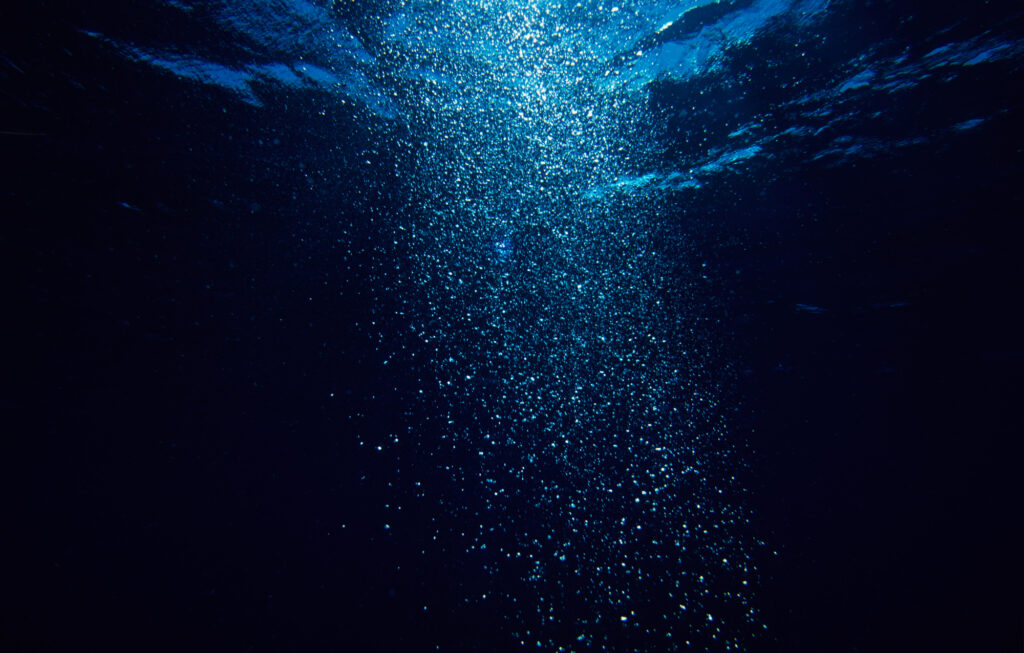The Faculty of Sciences of the University of Porto (FCUP) leads a project that is evaluating the potential impacts of deep sea mining, with the Azores as a reference area, a region rich in resources with potential for the energy transition, due to the existence of several minerals with economic interest.
“There is great fear about the impact that mining can have on ecosystems and on the other hand there are many international pressures for exploration”, explains Miguel Santos, professor at the Department of Biology at FCUP and researcher at the Interdisciplinary Center for Marine and Environmental Research ( CIIMAR-UP).
Taking this concern into account, researchers are developing numerical and ecological models and carrying out ecotoxicological tests to predict how deep-sea sediments will be transported and to assess their effects on marine organisms.
The most immediate and expected consequence of deep sea mining is the presence of sediment plumes released during the mining process. These plumes can potentially disperse over large distances, driven by currents, increasing the turbidity of the water column and potentially affecting organisms several kilometers from the initial source of contamination.
To test this impact, one approach involves carrying out tests using a hyperbaric chamber that simulates deep ocean pressure and temperature conditions.
“Our objective is to understand, for example, the impact in terms of habitat destruction and the effects of the sediment plume, to help authorities develop more appropriate management and risk assessment tools”, highlights the researcher, who leads, at CIIMAR-UP, a team dedicated to Endocrine Disruptors and Contaminants of Emerging Concern (EDEC).
The focus of the study is the Azores region, much sought after for its resources, namely oceanic crusts and the proximity of hydrothermal vents, which have great biodiversity and unique ecosystems with potential biomolecules of biotechnological interest. But, before moving on to mining, impact studies and modeling tools are needed to support environmental risk management.
To avoid the hasty start of deep sea mining, moratoriums have been put forward to prevent these procedures until an analysis of the environmental, social and economic risks has been completed.
The last moratorium was proposed and approved in October last year, in the Assembly of the Republic, and stops deep sea mining until 2025. Both the Azores Regional government and the central government have supported international efforts by several countries to guarantee a moratorium on the exploration of these resources until there is more information about the risks and best practices to mitigate potential impacts.
The project, in collaboration with the University of the Azores, the Portuguese Institute of the Sea and Atmosphere, and CIIMAR-UP, is financed with 250 thousand euros by the Foundation for Science and Technology and will run until the end of the year.



















Comments